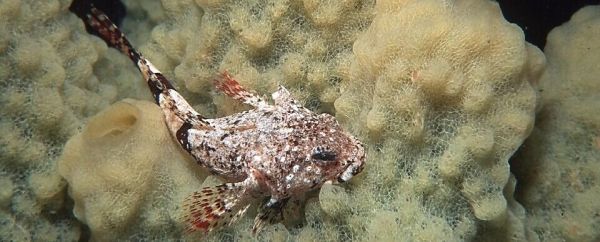Antarctic fish have adapted over millennia to survive in the freezing temperatures of the Southern Ocean. However, in doing so, they have lost their ability to grow at rates seen in their warmer water cousins, even when they are now held at the same water temperature, a new study suggests.
The research, conducted by scientists at the University of Plymouth and the British Antarctic Survey, focused on two species – the Antarctic spiny plunderfish (Harpagifer antarcticus) and the shanny (Lipophyrs pholis), also known as the common blenny.
The Antarctic fish consumed around 20% less food than the species from temperate waters and grew at about half the rate, even when the two ecologically similar species were held at the same water temperature.
These new findings show that fish living at Antarctic water temperatures have greatly increased the amount of cellular machinery they have to make proteins – but still can’t make proteins at the same rate as warmer water species – while the rates at which polar and temperate fish break down protein is very similar
In turn, this means in Antarctic fish the ability to translate new proteins into physical growth has been drastically reduced.
Read more at: University of Plymouth
The Antarctic spiny plunderfish (Harpagifer antarcticus). (Photo Credit: Lloyd Peck, British Antarctic Survey)


